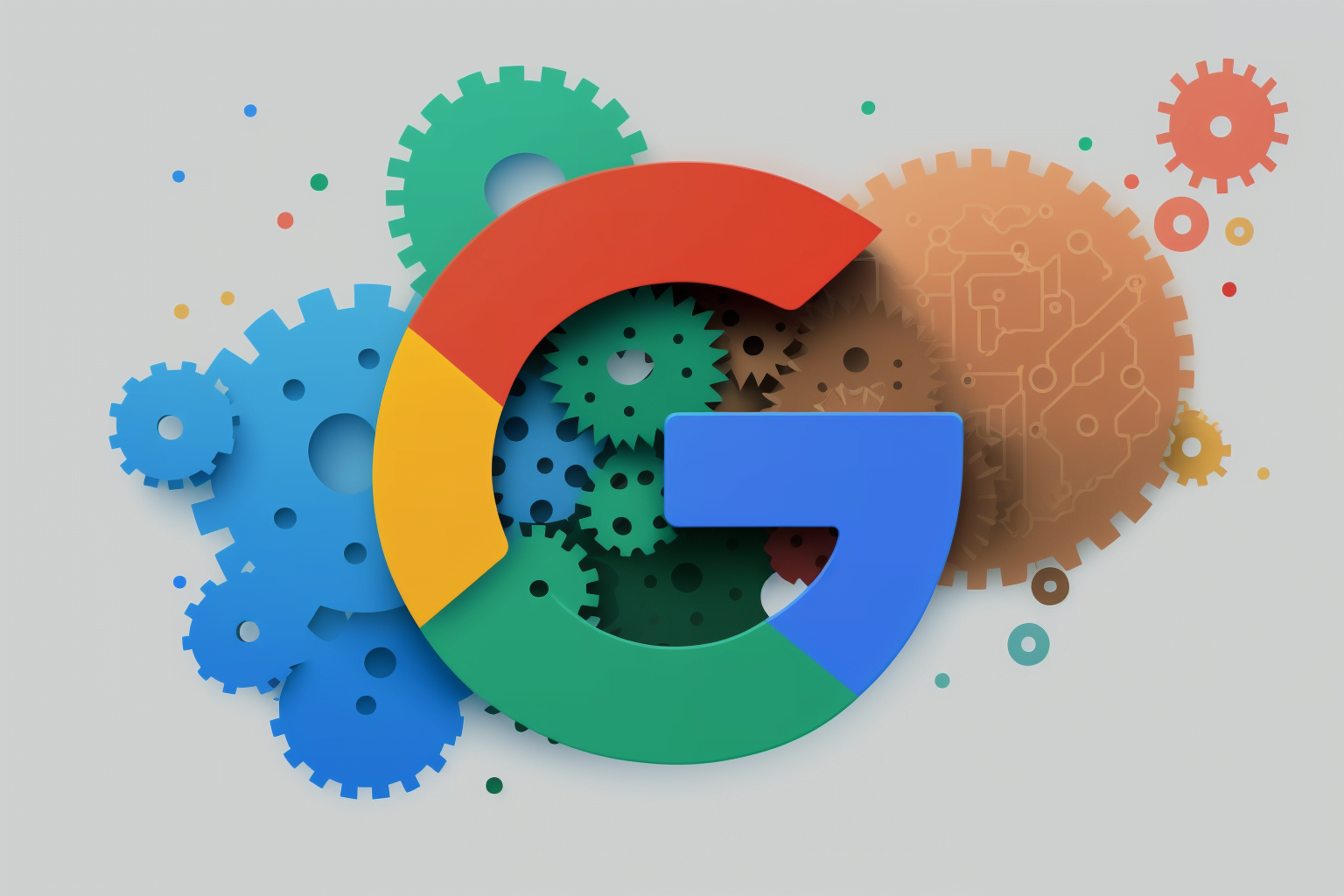Google takes on Microsoft's AI push, but still plays it safe

Google beats Microsoft to the punch by announcing a suite of AI capabilities for Gmail, Docs, and other Workspace products.
Microsoft is expected to announce AI features based on OpenAI's generative AI models for Office later this week; individual features such as summaries or AI images for presentations already exist in products from Microsoft and Google. However, both companies plan to integrate large-scale language models and other generative AI into all applications.
Google is now beating Microsoft to the punch with an announcement showing AI capabilities for its own Workspace applications, including Google Docs, Sheets, Slides, Gmail, Meet, and Chat.
"Google, write me a few dozen personalized emails"
The new features go beyond Smart Compose, Smart Reply, and AI-generated summaries for Docs to include whole-text synthesis, email traffic summarization, or AI-powered brainstorming for texting.
In the announcement video, Google shows how to create personalized cover letters for each entry in a customer database in Sheets, or a complete presentation of a project discussed in Gmail in Slides.
According to Google, generative AI will enable you to:
- draft, reply, summarize, and prioritize your Gmail
- brainstorm, proofread, write, and rewrite in Docs
- bring your creative vision to life with auto-generated images, audio, and video in Slides
- go from raw data to insights and analysis via auto completion, formula generation, and contextual categorization in Sheets
- generate new backgrounds and capture notes in Meet
- enable workflows for getting things done in Chat
Google prioritizes security and rolls out slowly
Google says it plans to roll out AI features for Docs and Gmail soon - but only to a group of "trusted testers" in the U.S. for now. Google is following the same strategy as with the Bard chatbot, which was also made available to select testers. Google wants to gather human feedback first, and then make Workspace's features available to a wider audience later this year. An exact date has not yet been set.
The release of OpenAI's ChatGPT reportedly triggered a "Code Red" at Google, prompting the company to announce numerous AI tools in recent months, including the integration of AI-generated text into Google Search in addition to Bard. But while Microsoft deliberately took the risk of releasing an unreliable tool with the Bing chatbot, Google seems to be playing it safe to avoid damaging its own business model.
This raises the question of whether Microsoft will be more cautious with the expected integration of AI tools into Office - after all, mistakes here can cost companies that use Office real money. It also remains to be seen how privacy and administration will be handled - Google has announced that it will include administrative controls so that IT departments can define the right policies for their organizations.
AI News Without the Hype – Curated by Humans
As a THE DECODER subscriber, you get ad-free reading, our weekly AI newsletter, the exclusive "AI Radar" Frontier Report 6× per year, access to comments, and our complete archive.
Subscribe nowAI news without the hype
Curated by humans.
- Over 20 percent launch discount.
- Read without distractions – no Google ads.
- Access to comments and community discussions.
- Weekly AI newsletter.
- 6 times a year: “AI Radar” – deep dives on key AI topics.
- Up to 25 % off on KI Pro online events.
- Access to our full ten-year archive.
- Get the latest AI news from The Decoder.